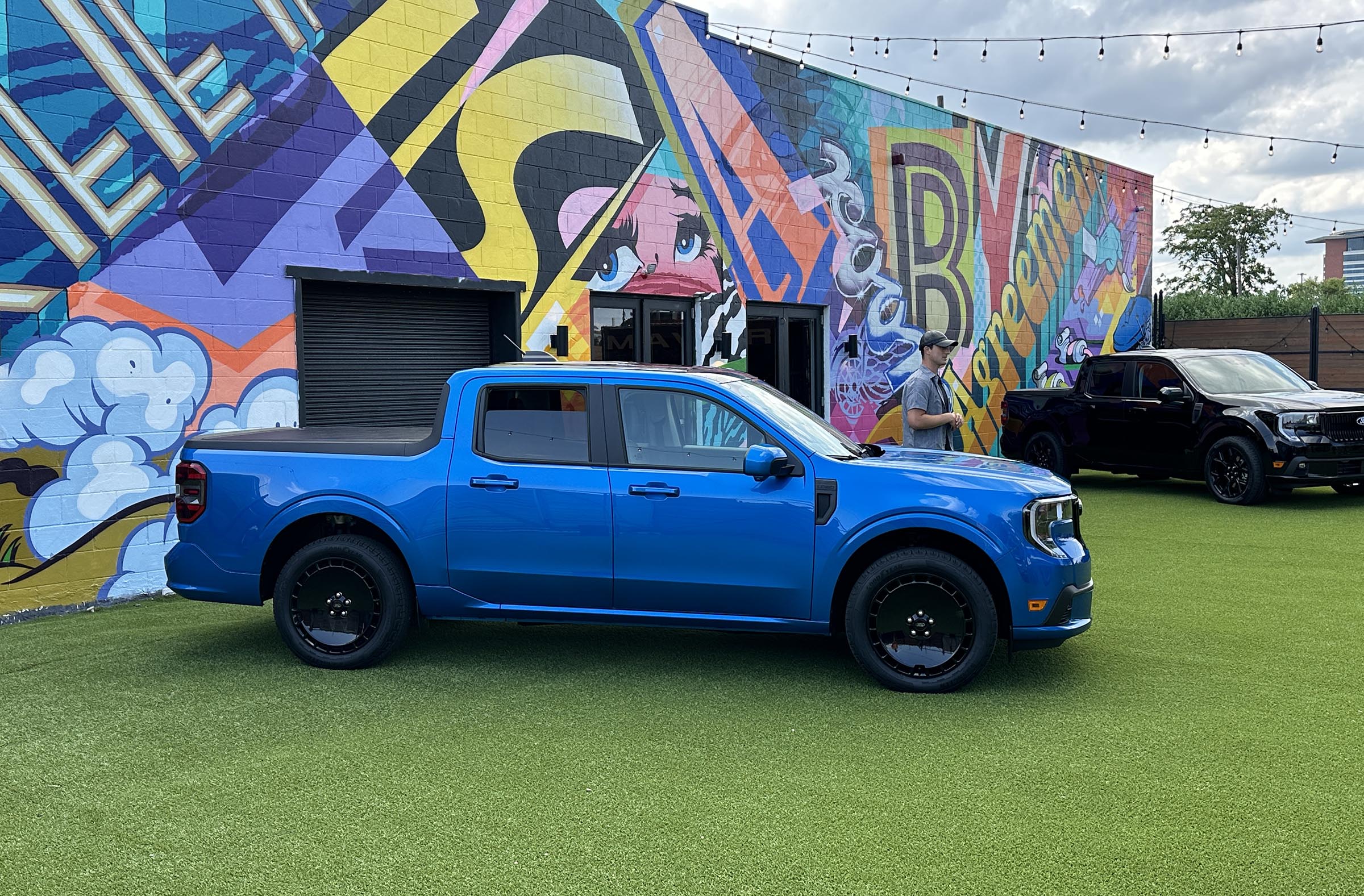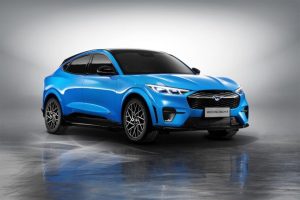Ford Motor Co. plans to raise prices on three popular product lines assembled in Mexico, according to an advisory sent to dealers. The automaker put the blame on the new Trump auto tariffs which, it said earlier this week, will add about $2.5 billion to its costs this year. The automaker has yet to say whether it also will raise prices on products produced at Canadian and other foreign plants, as well as those assembled in the U.S. using foreign-made parts. Headlight.News looks at whether other products could suffer prices hikes going forward.
If you’re looking to purchase one of the three Ford Motor Co. vehicles assembled in Mexico prepare to pay as much as $2,000 more, based on an advisory notice the automaker sent out to its U.S. dealers.
The planned increase is the result of higher costs generated by the new tariffs on imported autos and auto parts President Donald Trump officially put in place on May 3.
Ford did not indicate whether it would raise prices on other product lines but it revealed earlier this month that it expects the tariffs to raise its overall costs by $2.5 billion this year. That would include essentially every vehicle sold in the U.S., wherever they come from, because all Ford products use at least some imported parts and components.
Which models are affected
Whether the Chinese-made Lincoln Aviator or an F-150 pickup assembled in the U.S., the Trump tariffs will add to the cost of all Ford products. But the notice sent to dealers focused specifically on three Mexican-made nameplates:
- The Mustang Mach-E, a battery-electric crossover;
- The Bronco Sport, a compact SUV; and
- The Maverick pickup, available in both hybrid and gas configurations.
According to the dealer memo, the price of these vehicles will rise as much as $2,000 when the adjustments go into effect. Currently, the Maverick, the most affordable model in the Ford line-up, starts at $26,995 before delivery and other fees. The Mach-E starts at $36, 495, while the base MSRP for the Bronco Sport is $29,995.
Discount program remains in effect – for now
“It is important to note that these competitive pricing actions do not impact Ford vehicles at dealers or on their way to dealers,” Ford spokesman Said Deep said in an e-mail to Headlight.News.
“It will go into effect on Ford imported vehicles built after May 2 or later (these vehicles would arrive in dealers in late June),” he added. “Also, vehicles produced on or after May 2, 2025, will remain eligible for our From America For America employee pricing program that runs through July 4th weekend.”
That program, launched when Trump first announced auto tariffs, provides consumers with essentially the same discounted prices as employees currently get.
Deep stressed that the increases for the three Mexican products will range from as little as $600 up to $2,000 increase. He also noted that, “We have NOT passed on the full cost of tariffs to our customers. Our approach throughout this evolving situation continues to be doing what’s right for our customers – and our business.”
During an earnings call last week, CEO Jim Farley was cautious when asked about the need to raise prices. “We have to watch what our competitors do,” Ford CEO Jim Farley said last week about pricing increases following Trump’s tariff adjustments. “That’s the key. Half the industry in the U.S. is imported, and they have $5,000 to $10,000 costs. Will they just absorb those? Will they pass them on to customers? That will be a big decision, because the pricing decision is a competitive decision.”
More Tariff News
- Frantic Automakers Seek Strategies to Deal with Trump Auto Tariffs
- Tariffs Expected to Cost GM $5 Billion
- Ford Lowers Forecast, Expects Big Tariff Hit
Tariffs will hit automakers and auto buyers alike
During an earnings conference call, Ford said it expects to take a hit of as much as $2.5 billion due to Trump’s auto tariffs – though officials also said they hope to trim that figure by $1 billion. They didn’t say whether that would come by raising retail pricing.
The second-largest Detroit automaker is far from alone in feeling the tariff pinch. General Motors CEO Mary Barra estimated her company will face a $5 billion impact, with a sharp reduction in earnings this year. Several other automakers, including Volkswagen and Stellantis, have also said they expect to see higher costs and lower earnings – though they have yet to formally revise earlier full-year guidance.
Several automakers, including Audi, Jaguar Land Rover and Lamborghini, are currently halting shipments of vehicles to the U.S. due to the auto tariffs.
Meanwhile, the industry is likely to see sales slip sharply, short-circuiting the ongoing recovery from pandemic lows. Cox Automotive analysts last week warned that demand is likely to drop as low as 15 million for all of 2025, down from 16 million last year. The firm had originally anticipated sales would reach 16.5 million, pre-tariff. And Cox warned that if tariffs trigger a recession U.S. auto sales could plunge to just 14 million.










Wow! I think it’s been 2 or 3 days without a Tesla/Musk hit piece. Get with it, there must be someting he said or did to upset you!
That he or Tesla haven’t upset you is surprising!